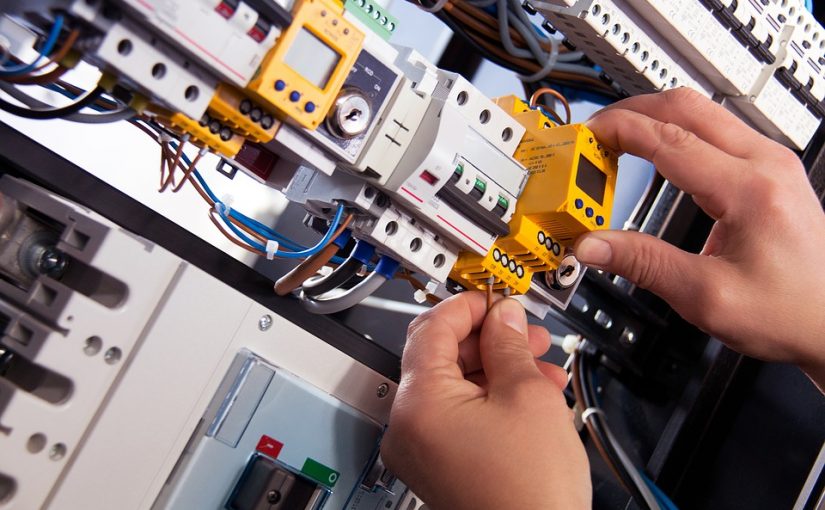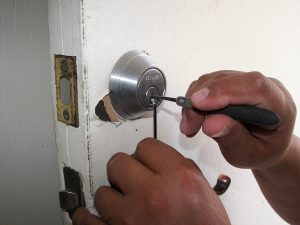Necessary Insurance Policies for Cable Installation Businesses
Cable television and internet services are a regular part of the lives of most people in 2019. Cable installers provide a service that installs programming over both fiber optic and coaxial cables. The services can be sent both digitally or by satellite. Cable installers may lay lines or cables throughout a property. Because the work is done primarily on third party locations and the properties vary greatly, there is a lot of risk involved in the industry. Business that operate in this industry need to take insuring the business seriously. Taking an additional amount of time to think about the risks the business face, thinking about what could go wrong, and how leadership might prevent these risks from taking place are strongly recommended for any cable installation business. Speaking with an independent insurance agent can help make the purchasing decision easier. Here are five policies all cable installers should strongly consider.

Recommended Insurance Programs for Cable Installation
Minimum recommended coverage:
- General Liability
- Workers Compensation
- Inland Marine Coverage
- Commercial Auto Insurance
- Business Personal Property
General Liability
General Liability Insurance is the first line of defense for cable installers looking to protect themselves from the liability faced to outside third parties. This policy covers basic liability, but is not all encompassing. It is important to take an adequate amount of time to discuss with an insurance agent what exactly the employees of a business do and do not partake in on a daily basis. There are more than likely additional policies any business will need in addition to general liability insurance.
Workers Compensation
Workers Compensation Insurance is required by law for most businesses in most states. The policy protects injured employees with coverage for medical costs and some lost wages while they are hurt and not able to work. Many contracts require a business to provide a certificate of insurance proving they have both GL and WC insurance. There are some states that have exclusions depending upon the number of employees and the annual revenue of the business. If the business is owned by one person and that person is the only employee, there is a ghost policy that is much cheaper to purchase and will meet the demands of most contracts.
Inland Marine Coverage
Inland Marine covers tools and specialized equipment that is frequently in transit. If the tools are damaged while working or being stored at a third party location, the inland marine policy will cover to repair or replace the tools.
Commercial Auto Insurance
Commercial Auto Insurance is needed if the business has employees who operate vehicles that the business owns. If the employees use their personal vehicle for business purposes, a hired and non-owned auto needs to be purchased either instead of or in addition to a commercial auto insurance policy. When an employee causes a wreck while on company time, the business is liable for the damages to outside third parties. The employee is not liable. Failing to secure the proper type of commercial auto insurance can result in a large loss the business is responsible for.
Business Income with Extra Expense
Business Income with Extra Expense Coverage is designed to cover expenses during a time when the business is interrupted or fully shut down as a result of a covered loss. It is important to remember the underlying loss has to be covered. If the loss is caused by a flood, earthquake, or tornado; and the business does not have proper coverage in place; the business income policy is not triggered. This is another reason why it is so crucial to speak long and honestly with your insurance agent and not base your purchasing decision solely on price.
Additional Policies to consider:
Building, Equipment Breakdown, Contractors Equipment, Cyber Liability, Employment Practices Liability, and Umbrella Coverage.

Cable Installation Liability Classification Codes
Commercial insurance companies use various liability classification systems in order to classify and rate coverage premiums for Cable Installation. Here are the most common business insurance classifications for Cable Installers:
Business Liability Category: TV and Media Installation
SIC Business Insurance Codes:
- 4841: Cable and Other Pay TV Services
NAICS Liability Classifications:
- 517110: Wired Telecommunications Carriers
- 515210: Cable and Other Subscription Programming
Business ISO General Liability:
- 91315: Cable and Subscription TV Companies
Common Workers Compensation Class Codes:
- 7536: Cable Installation and Construction
- 8901: Cable and Telecommunications—Office Employees
- 7600: Cable TV or Satellite—Other Employees and Drivers
- 6325: Conduit Construction—for Cables or Wires
- 8742: Outside Sales Persons






 General Liability
General Liability

